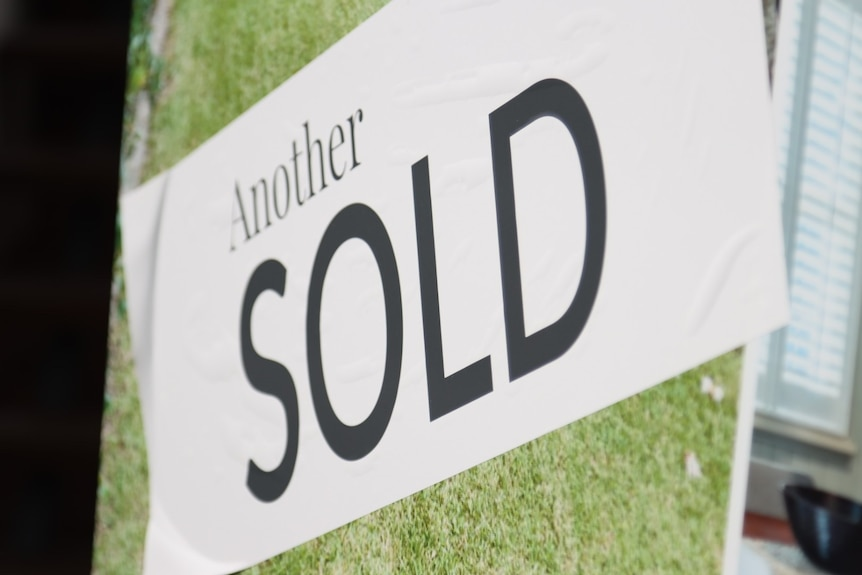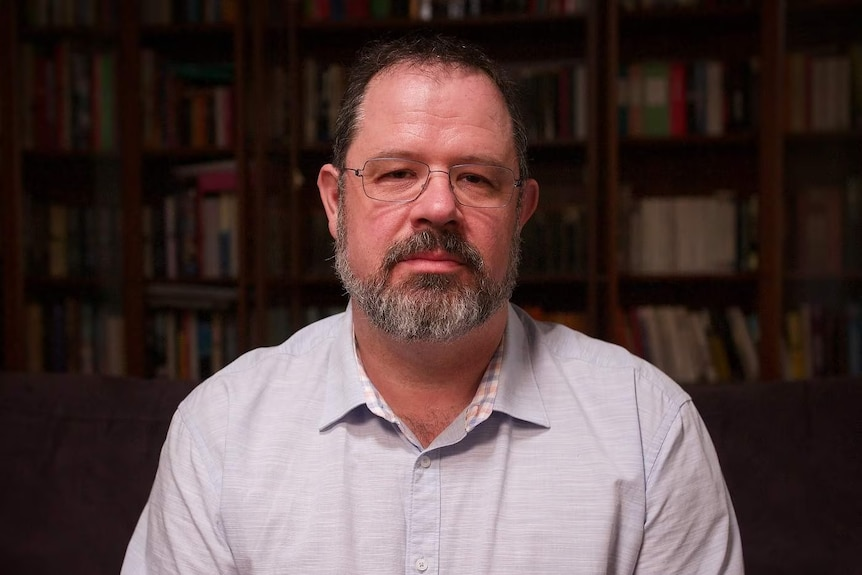Property values bounced back across Australia in 2023, but there are signs of slowing
Australian house and apartment values bounced back in 2023, increasing by 8.1 per cent nationally over 2023, according to new data.
Key points:
· New data shows dwelling values rose nationally last year in comparison to 2022
· Sydney remains the most expensive city to buy a property across the country
· Homes in capital cities increased significantly more than in regional areas
The CoreLogic's national Home Value Index show a stark contrast to the 4.9 per cent drop in property values seen over 2022.
Homes in Perth enjoyed the most significant increases with a 15.2 per cent surge in value.
Dwellings in Hobart fared the worst, dropping in value by 0.8 per cent.
"One of the main trends through the year has been the widening disparity in the rate of home value growth across the capital cities," CoreLogic said in its report.
"Dwelling values have been rising at more than 1 per cent each month on average across Perth, Adelaide and Brisbane since May, while in Melbourne and Sydney the pace of growth has slowed sharply since the June rate hike.
"The smaller capital cities have been soft through most of the year, with Hobart and Darwin recording an annual decline in values in 2023, while the ACT recorded a rise of just 0.5 per cent."
Homes in Australia's capital cities have increased in value significantly more than those in regional areas.
Dwelling values in capital cities were up an average of 9.3 per cent in 2023 — more than double the 4.4 per cent combined average rise recorded in regional areas.
"Stronger conditions across capital city markets is a reversal of the early COVID trend which saw regional markets experience higher demand amid strong internal migration.
Sydney remains the most expensive city in the country to buy a property with the average home in Greater Sydney now worth almost $1.13 million.
This is followed by Canberra, Brisbane and Melbourne with average home values of $843,000, $787,000 and $780,000 respectively.
Darwin remains the cheapest capital city to buy a home with an average value of $496,000.
Economic pressures have 'taken some heat out of the market'
While the 2023 results represent a significant increase in home values across Australia compared to 2022, they pale in comparison to the 24.5 per cent surge recorded in 2021.
"A rate hike in June and another in November, along with persistent cost-of-living pressures, worsening affordability challenges, rising advertised stock levels and low consumer sentiment, have progressively taken some heat out of the market through the second half of the year," CoreLogic research director Tim Lawless said.
"Regional migration trends have mostly normalised through 2023, and the significant capital gains recorded through 2020 to 2022 has meant many regional markets have become less affordable."
CoreLogic is predicts home values will fall again in 2024.
"The housing market is slowing again as a result of the lagged impact of high interest rates. Monthly growth slowed further to 0.4 per cent in December, down from the peak of 1.3 per cent in May," the organisation said in its report.
"With high interest rates getting the upper hand again we expect national average prices to fall around 3 to 5 per cent this year led by falls in Sydney and Melbourne."
Home ownership 'even more out of reach' for many

There's been an acceleration in growth compared to 2022.(ABC News: Lucas Hill)
Australian Housing and Urban Research Institute managing director Michael Fotheringham said the increase in property values in 2023 will make it even more difficult for young people and first home buyers to leave the rental market.
"It's all the harder now. They have to save even more, they have to live more frugally, and be more creative to try and save the money to get a deposit," Mr Fotheringham said.
"The issue is house price growth at 8 per cent is much stronger than wage growth, particularly for those at the early stages of their careers."
Mr Fotheringham said state and federal governments must build more homes and introduce more shared equity programs to help address the housing crisis.
Under a shared equity program, the government contributes to a percentage of the purchase price of a home to reduce the deposit and help buyers secure a mortgage.
The government pays its percentage up front and receives an equity share in the property, but the mortgage and the home belongs to the buyer.

Michael Fotheringham from the Australian Housing and Urban Research Institute says the increase in property values in 2023 will make things even more difficult for first home buyers.(ABC News: Daniel Fermer)
Several state and territory governments operate these schemes in Australia, but Mr Fotheringham said they need to be more widespread.
"The policy focus needs to be on the lower end of the market, where first home buyers are likely to be involved," he said.
"The federal government have tabled legislation for a 'Help to Buy' program, which is a type of shared equity program.
"That's a more nuanced and sensible approach to getting first home buyers into the market and one that we're very much encouraged to see."








